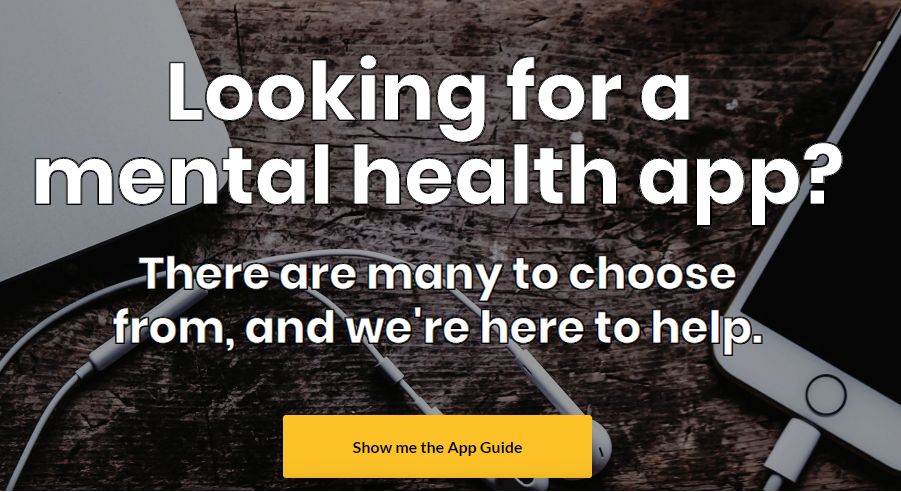|
by Edie GrossfieldHealth and Caregiving EditorFebruary 27, 2019
In an opinion piece in a recent edition of the Journal of American Medical Association (JAMA), three neurologists at the University of California San Francisco’s (UCSF) Memory and Aging Center wrote that older Americans are being ripped off and served false hope by the multi-billion-dollar “brain health” supplements industry. “This $3.2-billion industry … benefits from high-penetration consumer advertising through print media, radio, television and the internet,” the neurologists wrote. “No known dietary supplement prevents cognitive decline or dementia, yet supplements advertised as such are widely available and appear to gain legitimacy when sold by major U.S. retailers.”
0 Comments
Roberto Velasquez, Executive Director of Southern Caregiver Resource Center, explains how SCRC is reaching out to the Sandwich Generation Caregivers through social media: accessibility through on-demand videos, podcasts, and live stream presentations. Visit Southern Caregiver Resource Center: https://caregivercenter.org/ **SUBSCRIBE FOR MORE VIDEOS ** *Interviews of brain injury survivors, family, and healthcare treaters *Your Peripheral Brain (assistive technology tips)* SUBSCRIBE TO VIDEOS http://bit.ly/tbirecovery-subscribe **SUBSCRIBE TO PODCAST** https://dangardner.podbean.com/ **SUBSCRIBE TO NEWSLETTERS** Traumatic Brain Injury Recovery Updates http://bit.ly/tbiupdates Your Peripheral Brain - Assistive Tech Updates http://bit.ly/dgtechtips Source: Washington Post
By Erin Blakemore February 17 If you’re struggling with anxiety, post-traumatic stress disorder, obsessive-compulsive disorder or depression, an app might help. But should you invest in a therapy app or one that only tracks symptoms? Which apps are credible, and which ones are scams — or even harmful? The website PsyberGuidereviews mental-health apps so you can separate the wheat from the chaff. The site aims to provide unbiased reviews of mental-health apps and digital tools. Each tool is given scores for credibility, user experience and how transparent the app is about how it stores and uses your data. Read more.
Neuropsychiatrist Mohammed Ahmed discusses Transcranial Magnetic Stimulation for Brain Injury and Alzheimers.
Can individualized Transcranial Magnetic Stimulation (Network-Based Targeting) improve post-concussive symptoms? Can TMS improve nerve connectivity resulting in improved mood, memory, initiation, and energy? Can TMS reduce the symptoms of Alzheimers? Can TMS mitigate the risk of developing Alzheimers? Early results are encouraging. But further clinical research is needed to confirm efficacy. Dr. Ahmed talks about network-based targeting also known as individualized transcranial magnetic stimulation for symptoms like depression, anxiety, apathy, and brain fog after traumatic brain injury. He explains how the hippocampus (center of short-term memory) can be activated by stimulating the frontal lobes. **SUBSCRIBE FOR MORE VIDEOS ** *Interviews of brain injury survivors, family, and healthcare treaters *Your Peripheral Brain (assistive technology tips)* SUBSCRIBE TO VIDEOS http://bit.ly/tbirecovery-subscribe **SUBSCRIBE TO PODCAST** https://dangardner.podbean.com/ **SUBSCRIBE TO NEWSLETTERS** Traumatic Brain Injury Recovery Updates http://bit.ly/tbiupdates Your Peripheral Brain - Assistive Tech Updates http://bit.ly/dgtechtips Social worker Richard Green describes how social work helps TBI survivors in the acute rehab phase by identifying resources (financial/ caregiver/ residential) and by educating and counseling the survivor and family to help all involved adjust to the physical, emotional, and cognitive changes after traumatic brain injury. He offers advice to families and survivors, as well as talks about therapeutic self-disclosure in helping survivors adapt to their new life after TBI. Watch to the end to see clips of Richard's musical performance group of brain injury survivors. |
BLOGDan Gardner, MD Note: Please email me the topics which you'd me to discuss in this blog.
Note: These posts are for information only and are not endorsements of specific services or products.
Please consult your healthcare provider about information you find online. Dan Gardner, MD does not recommend or endorse any specific tests, physicians, products, procedures, opinions, or other information that may be mentioned on www.dangardnermd.com. Reliance on any information provided by www.dangardnermd.com is solely at your own risk. Archives
August 2021
Categories
All
|
Dan Gardner, MD. Psychotherapy and Psychoanalysis in San Diego


 RSS Feed
RSS Feed

